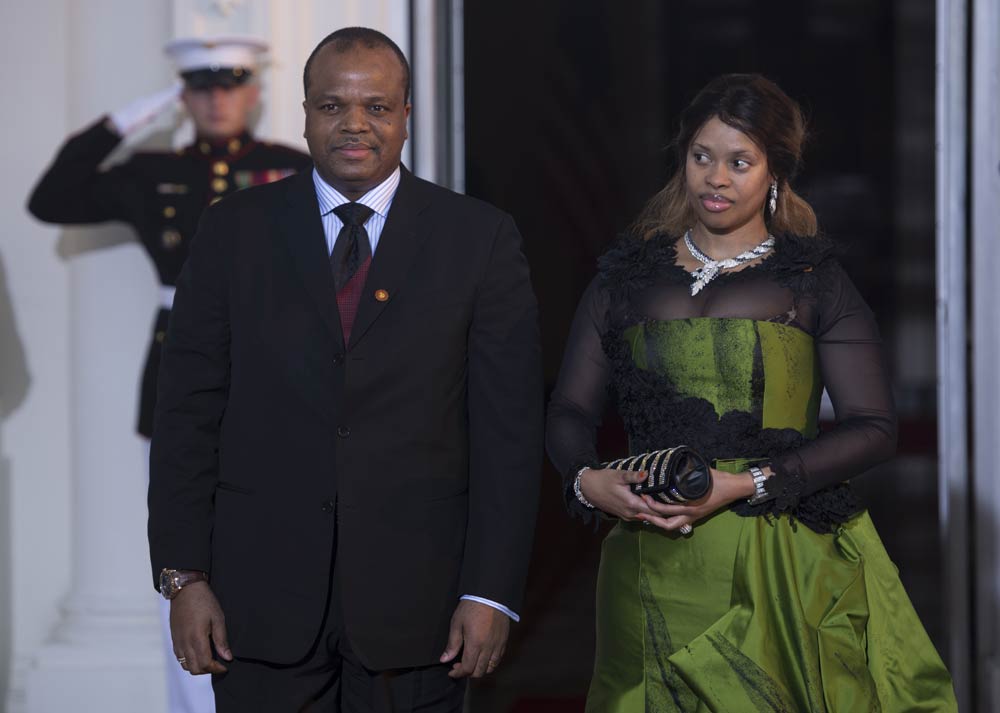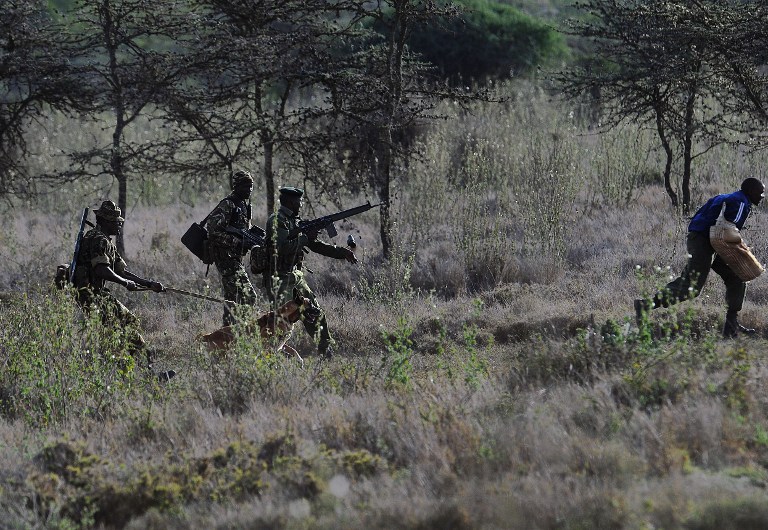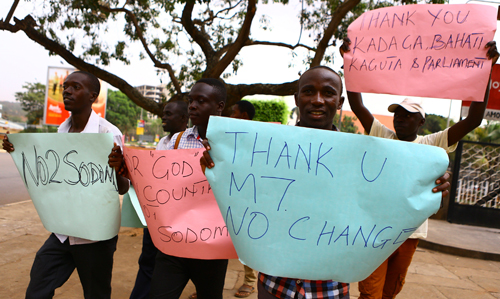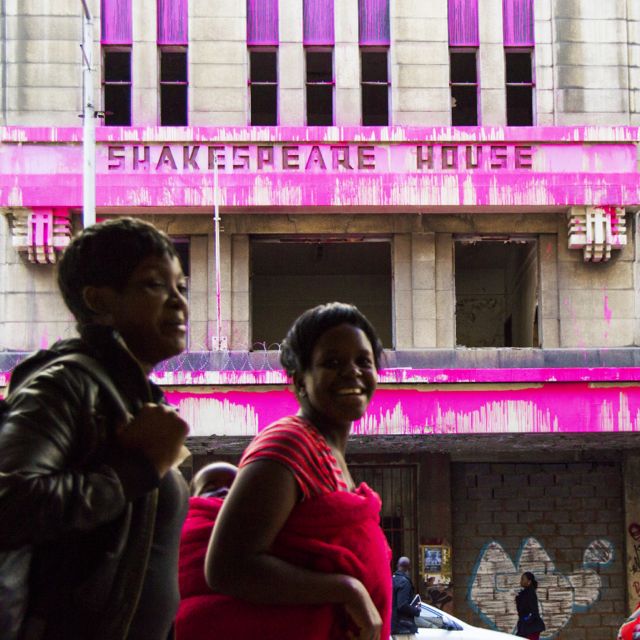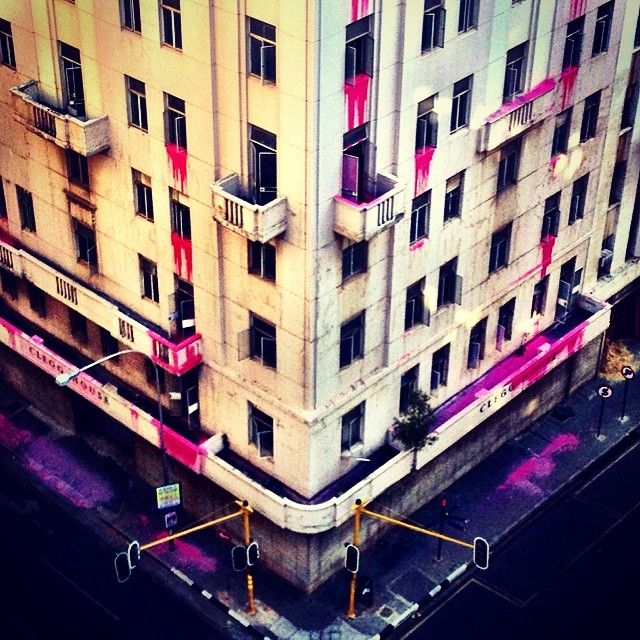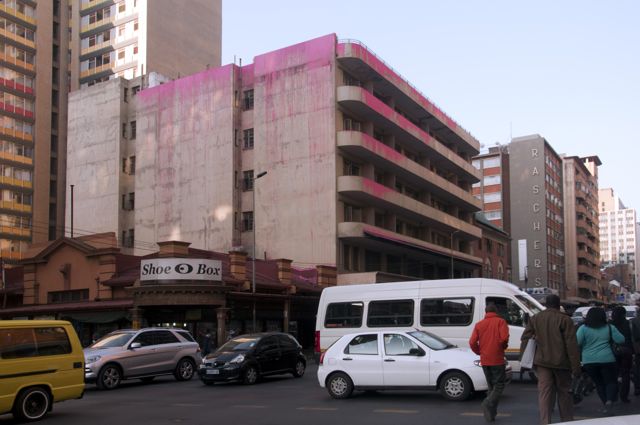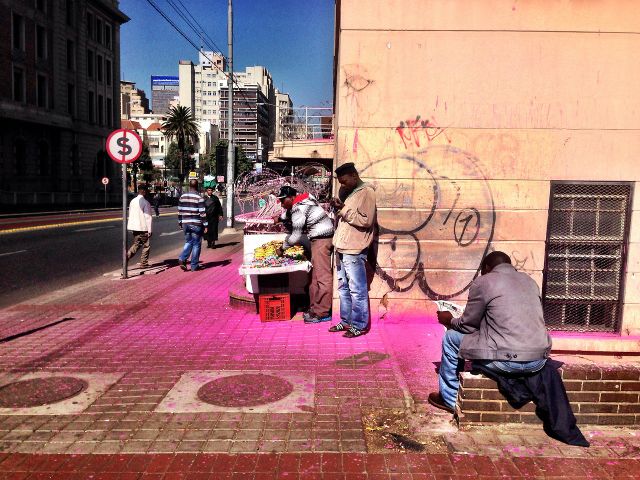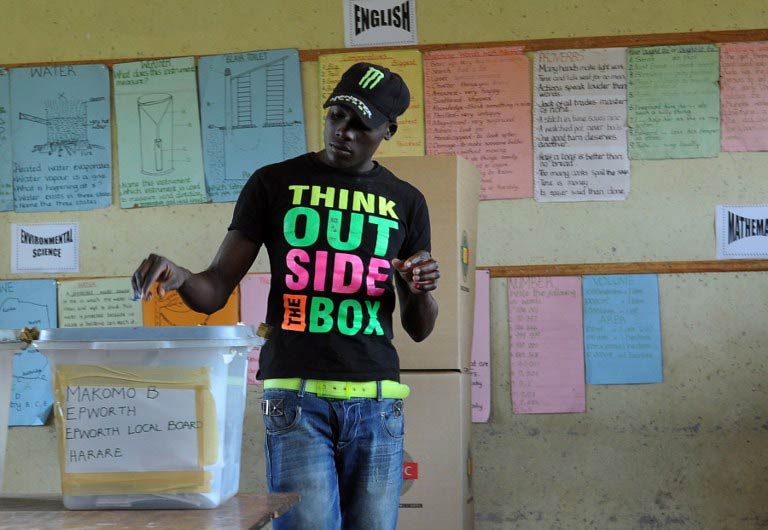
I am convinced that Zimbabwe is devoid of sensibility and sensitivity. Each year we celebrate the President’s Birthday, Independence Day, Heroes Day, Defence Forces Day, and recently we added a new banquet to the list: a celebration to remember Zanu-PF’s emphatic win in last year’s elections. This recent excess, unfortunately, is more senseless and insensitive given that we had already hosted the mother of all weddings for the first daughter, while the average citizen is facing one form of starvation or another.
Every August we celebrate Heroes Day to remember those who sacrificed their lives for this country. Never mind who determines who is a hero or not, that is not the issue at stake here. But this year on the 11th I was sitting at home, hoping to watch the proceedings on ZTV. Okay, let me admit, I was too broke to make it anywhere else. So I woke up, took my usual bath and got myself ready for the event. I was eager to hear the President’s Speech. Each time you hear him speak, you get a feeling that this may be his last speech, and you want to be one of those few who will remember him with the nostalgia of one who knew him well.
Just as I was waiting for the day to fully begin, the Zimbabwe Electricity Supply Authority struck. The lights went off. Literally just switched off. I was left staring at a blank TV screen and, naturally, my mind decide to roam. Right there, I had my Voltaire moment: If it’s Heroes Day, then it means heroes are dying. And each time we bury one, we have less and less left and like it or not, soon and very soon, there won’t be any heroes left.
Now, as you know heroes are those people who literally went into the bush to wage the armed struggle against the Ian Smith regime and afterwards remained cadres of Zanu-PF. Anyone outside this bracket is subject to appointment and definition by this first group.
We can’t live without heroes. We need heroes because villains don’t die, they just morph into another form, and are waiting to pounce on us and devour us, literally. You know the villains. You know their races, their names, their children, and even how they will come. You even know their proxies in the event that they can’t show their faces, and you secretly admire yourself for refusing some of their proxies during the 2013 general elections.
Sitting there that day, watching a blank TV screen, it struck me that maybe we need new heroes.
Having been given the mandate by a current hero, the President, when he said that The Leaders will be selected by the people, and I am the people, I am taking our destiny into my hands to ensure that we have new heroes.
Forgive my long preamble, but here is the call for applications:
New Heroes wanted for a country currently sitting in an economic cesspool. Previous heroes need not apply because their applications will be dismissed with the impunity they deserve. Besides, we acknowledge that very few genuine heroes remain from the previous generation. Also, please note, THIS IS STRICTLY AN ECONOMICS AND ADMINISTRATIVE JOB AND NOT A WE-DIED-FOR-THIS-COUNTRY KIND OF JOB.
Duties:
Ensure Zimbabwe regains its breadbasket status
Create new jobs in their millions
Get various industries (primary, secondary and tertiary) working again
Mend broken international relations without necessarily selling away the country
Clear debt overhang, and strictly reduce future borrowing (bonding of minerals in the ground is a foolish idea you know)
Deal, with whatever tools available, with corruption
Qualifications:
Tertiary qualifications, while desirable, are not a prerequisite. What’s needed is a demonstrated ability to generate own wealth cleanly. To those who are looking for the big break, this may be the wrong post to apply to. We will be carrying out strict lifestyle audits on successful candidates. Anyone previously suspected, accused or convicted of corruption, theft by conversion or any such crimes that would make us doubt your ability to handle public funds honestly, need not even attempt to apply.
Also, no one will be allowed to hold the nation to ransom by refusing to vacate these new seats by claiming that only they deserve to rule or govern because they sacrificed the most for this country. As stated earlier, those who have the right to such claims are fewer and fewer now, and the few that remain are dying.
All applications must be addressed to:
The Public Recruiter (a.k.a. The Voter, who is smarting from a stupid voting decision during the 2013 general elections and cannot wait for 2018 poll)
Lawrence Hoba is an entrepreneur, author and passive politician. His short stories and poetry have appeared in The Gonjon Pin and Other Stories, Writing Lives, Laughing Now, Warwick Review and Writing Now. His anthology, The Trek and Other Stories (2009), was nominated for the NAMA in 2010 and went on to win the ZBPA award for Best Literature in English. It tackles the highs and lows of Zimbabwe’s land reform. Connect with him on Twitter: @lawhoba

